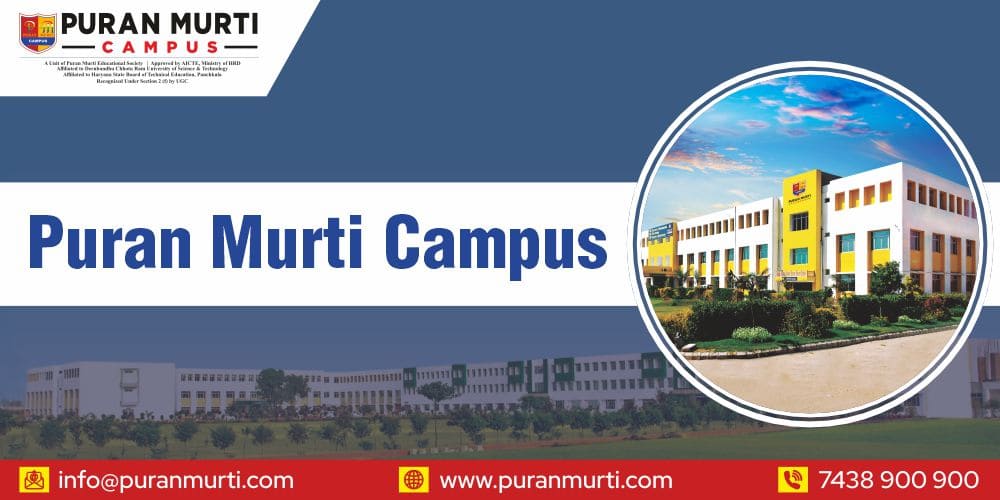
What is the Union Public Service Commission?
The full form of UPSC is Union Public Service Commission. It is a key constitutional body in India. At Puran Murti College, we believe in informing our students and readers about such institutions because they shape not only government careers but the broader public purpose.
It is responsible for recruiting candidates for many central government services, including the prestigious All-India Services and Central Civil Services.
History of the UPSC
Here is a brief timeline and key points:
| Year | Milestone |
|---|---|
| 1923 | The Royal Lee Commission on the Superior Civil Services reported recommendations for civil service reform. |
| 1 Oct 1926 | The first Public Service Commission was set up under Sir Ross Barker. |
| 1935 | Under the Government of India Act 1935, the Federal Public Service Commission was created. |
| 26 Jan 1950 | The body became the Union Public Service Commission, on India’s Constitution coming into force. |
Because of this legacy, UPSC has long been associated with merit-based recruitment and fairness in public service.
Constitutional Status, Structure & Functions
Constitutional Authority
The UPSC is established under Articles 315 to 323 of Part XIV of the Constitution of India.
This gives it independent status and the power to conduct examinations, make appointments, and advise the government on personnel matters.
Structure
- The Chairman and other Members are appointed by the President of India.
- Typically the Commission has about 9 to 11 members along with a Secretary and supporting staff.
Key Functions
Here are some of the major responsibilities of UPSC, which readers at Puran Murti College should understand:
- Conducting examinations for the recruitment of Group A and Group B services at Union level.
- Advising the Government on matters of appointment, promotion, transfer and disciplinary action of civil servants.
- Framing, amending and developing criteria for recruitment schemes/rules.
The Examinations Conducted by UPSC

One of the most well-known functions of UPSC is the administration of competitive examinations for central government services. Here’s an overview:
Major Exams
- The Civil Services Examination (CSE) is among the most popular, leading to services such as IAS (Indian Administrative Service), IPS (Indian Police Service), IFS (Indian Foreign Service) etc.
- Other exams include: Indian Engineering Services (IES), Indian Forest Service (IFS exam), Engineering Sciences, Combined Defence Services (CDS), National Defence Academy (NDA) & Naval Academy exam, etc.
Exam Stages (for CSE)
The Civil Services Exam follows three main stages:
- Preliminary Examination (objective type)
- Main Examination (written descriptive)
- Interview / Personality Test
Eligibility & Selection
- Candidates must typically be graduates, meet age and nationality criteria, and adhere to attempt limits (varies).
- The competition is extremely high: millions apply each year for a few thousand vacancies.
Why the UPSC Matters for Students of Puran Murti College
At Puran Murti College we encourage students to engage with India’s governance system and public administration. Here’s why UPSC is particularly relevant:
- It embodies meritocracy and public service: A career via UPSC means being part of the administrative machinery of India
- It sets standards of examination, evaluation and fairness: Understanding UPSC helps in developing critical thinking, discipline, and awareness of governance
- It opens multiple career paths: Not just IAS/IPS but many specialised services, which can appeal to students from varied disciplines
- For students interested in civil services, public policy, government or social impact careers, knowledge of UPSC is foundational
How to Approach UPSC Preparation (Brief Guide)
If you are a student at Puran Murti College considering UPSC, here are some pointers:
- Understand the exam pattern and syllabus: Prelims → Mains → Interview
- Build a strong general knowledge and current affairs base: Because many UPSC questions are dynamic
- Develop writing and analytical skills: The Mains exam is descriptive, and the Interview tests personality and clarity
- Make regular revision and mock tests part of your schedule
- Seek proper guidance and support: At institutions like Puran Murti College you may find mentoring, study-groups, libraries or peer-support
Conclusion
In summary, the Union Public Service Commission is a cornerstone of India’s administrative framework. For students and aspirants at Puran Murti College, it is more than just an exam-conductor—it is a gateway to public service, leadership, and societal impact. By understanding its full form, history, functions and the examination process, you equip yourself to make informed choices about your educational and career path.
We hope this guide has provided you with a clear and helpful overview. If you are a student considering civil services or simply keen to understand India’s governance system, keep exploring, stay disciplined, and make use of the resources available at Puran Murti College.
Frequently Asked Questions (FAQs)
Here are ten common questions with simple answers:
1. What is the full form of UPSC?
The full form is Union Public Service Commission.
2. When was UPSC established?
Its roots go back to 1926 (first Public Service Commission) and after independence it became UPSC under the Constitution on 26 Jan 1950.
3. What are the major functions of UPSC?
Conducting recruitment exams, advising on appointments, promotions, transfers and disciplinary matters.
4. Which services does UPSC recruit for?
All-India Services (IAS, IPS, IFS) and Central Civil Services (Group-A and some Group-B) among others.
5. What is the selection process of the Civil Services Exam?
Three stages: Prelims (objective), Mains (written descriptive) and Interview (personality test).
6. How competitive is the UPSC exam?
Very competitive—hundreds of thousands to over a million apply yearly; only a few thousand are selected.
7. Where is UPSC headquartered?
At Dholpur House, Shahjahan Road, New Delhi.
8. Can non-science students take UPSC exams?
Yes—candidates from any academic background (with a bachelor’s degree) can appear, provided they meet other criteria.
9. Does UPSC only conduct the Civil Services Examination?
No—it conducts various exams including IES, ISS, NDA, CDS, Forest Service exams etc.
10. Why should students at Puran Murti College care about the UPSC?
Because understanding UPSC helps students grasp how the Indian administrative structure works, opens up career paths in public services, and builds skills like analytical thinking, writing and general awareness.
